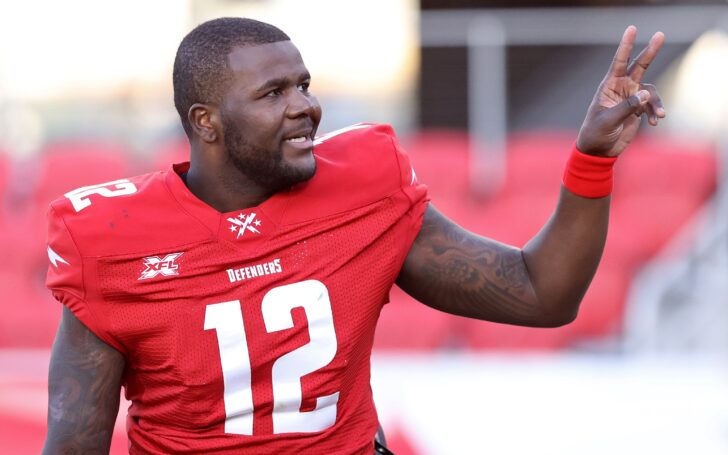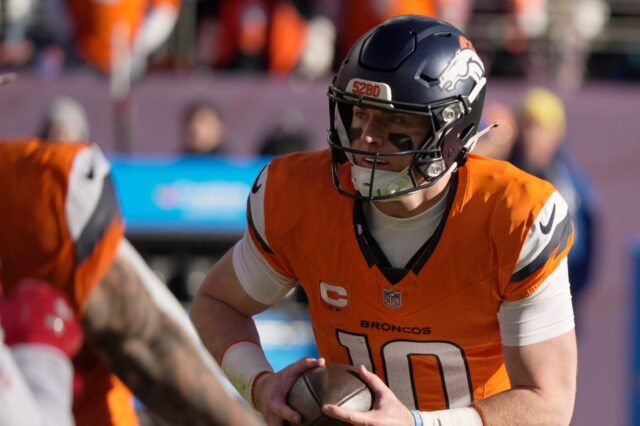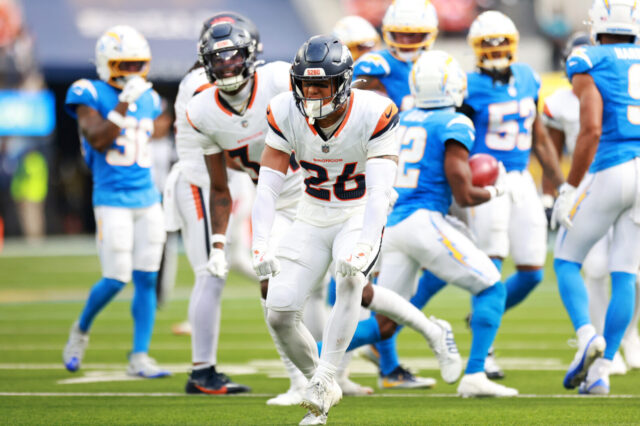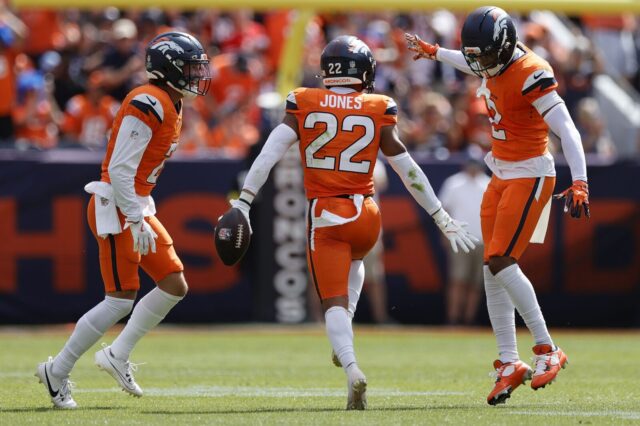For the love of football, the NFL needs a minor league.
Why on earth the National Football League — the most popular game, a grueling sport, filled with injuries — doesn’t have a minor league is beyond me.
OK, college football, for some, is the minor league. But, what we’re seeing in the first two weeks of the XFL is an intermediate league, which can be placed in between the college game and the NFL.
These are former college players and former NFL players who couldn’t make the cut, but they still have a desire to play football. And, at a high level.
Let’s look at four reasons the NFL would benefit from the XFL prospering and lasting as a long-term minor league:
Schedule Timing
First and foremost, the XFL isn’t competing with the NFL for ratings, their season kicks off immediately after the Super Bowl. For football-hungry fans, it’s the perfect time to transition from cheering for one league to another.
And, for the eight-team league, the schedule is 12 weeks, with their championship game coming on April 26. That’s the same weekend as the NFL Draft, meaning NFL teams will have signed players through free agency and drafted players; they’ll know exactly where their roster stands. Whatever weak points they may have, NFL teams could reach out and sign XFL players to compete in mini-camps which begin in May.
Player Development
That leads to our next point: Player Development. Back in the day, the Arena Football League was looked at as a possible place to discover NFL talent. That all began when Kurt Warner set the world on fire in the small Arena League, and then went onto to enjoy a Hall of Fame career in the NFL.
But, that’s where this new league is better than the arena league: It’s the same size field, and same amount of players (11-on-11) as the NFL. Arena football was fun, but it was also 7-on-7 and a 66-yard by 28-yard field.
If the NFL wants to actually evaluate players, they need to be on a 120-yard by 53-yard field, just like they are in the XFL.
And in terms of the players themselves, if they didn’t cut it in the NFL on their first go-around, they may have needed more reps and more coaching. The XFL has multiple former NFL coaches working with the players and trying to get them to play at a high level.
Cardale Jones set the league on fire in Week 1, going 16-of-26 for 235 yards and two touchdowns. Former Steelers receiver Sammie Coats lines up for the Houston Roughnecks, QB Matt McGloin enjoyed a solid outing in Week 1 for New York and even former Broncos punter Marquette King has found a place to play. (Side note: King looks better than Colby Wadman of the Broncos did in 2019).
Rules Changes
The XFL has done a great job of tweaking rules. There are too many to name here, but the highlights are: New kickoff and punt rules, new point after touchdown rules, the double-forward pass and the league tries to eliminate overtime.
On kickoffs, teams are lined up just five yards apart from one another, which helps make those plays safer and may result in more touchdowns. On punts, kicking out of bounds within the opponent’s 35-yard line means giving them the ball at their own 35. The point of the rule is to force teams to go for more fourth downs within their opponent’s territory.
The double-forward pass is exciting: Two forward passes can be done per play as long as they’re both thrown from behind the line of scrimmage.
After touchdowns, teams can go for one (2-yard line), two (5-yard line), or three-point conversions (10-yard line).
And finally, if a team goes into overtime, each team gets to take turns, each getting five plays to score from their opponent’s 5-yard line.
How this benefits the NFL is simple: If they work with the XFL, they can try out new rules and see how they work in real-life situations in the minors. Then, if those rules are worthwhile, adapt them to the NFL.
Better Fan Engagement
Finally, there’s the fan engagement which is simply better in the XFL than the NFL. Every player is mic’d up, and the league allows fans to hear what the players have to say. Coaches are mid’d up so fans get to hear the play call as it goes into the quarterback (and other skill players). Plus, they have immediate interviews with players after they come off the field. Cue up that awkward kicker who just missed a field goal interview.
Beyond that, the game is sped up, with shorter playclocks (25 seconds) and shorter halftimes (10 minutes). Football games regularly go 3-and-a-half hours in the NFL and sometimes near four hours; shorter is better.
The XFL 2020 also did a great job of showing off their product on ABC, FS1 and ESPN with NFL commentators. Familiar channels and familiar voices calling the games; it’s a win-win. On top of that, they run the betting odds at the bottom of the screen during games, too.
Plus, replay that actually works!
While Sunday’s Week 2 games are set to kickoff soon, Week 1 had some promising ratings numbers. The four games averaged 3.12 million viewers, which is on par with the NBA’s Christmas Day games. And, games averaged 17,000 viewers in attendance, which isn’t too shabby either.
Overall, fans want more football and the XFL 2020 has been a solid product through one-and-a-half weeks. It’s easy to see how the NFL would benefit from the XFL’s long-term success and it becoming a minor league. Now, let’s see how those all-important Week 2 ratings turn out.



